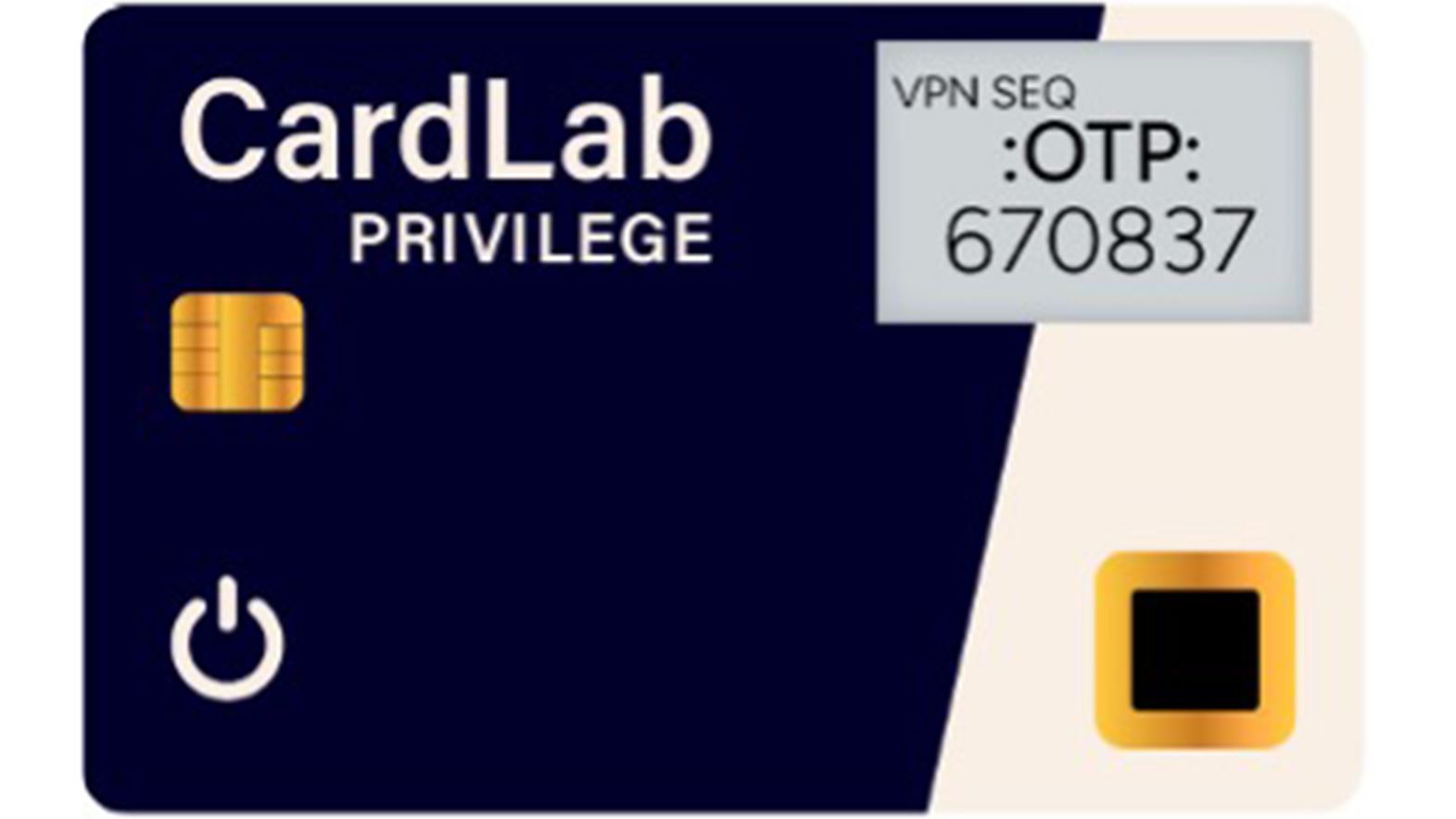 In today’s digital landscape, cyber threats are advancing at a rapid pace, and it’s crucial to stay ahead. CardLab has introduced an innovative approach to online security that’s changing the game. By moving away from the traditional reliance on passwords, their biometric authentication system uses unique fingerprint verification to significantly reduce the risks of data breaches and unauthorized access to accounts.
In today’s digital landscape, cyber threats are advancing at a rapid pace, and it’s crucial to stay ahead. CardLab has introduced an innovative approach to online security that’s changing the game. By moving away from the traditional reliance on passwords, their biometric authentication system uses unique fingerprint verification to significantly reduce the risks of data breaches and unauthorized access to accounts.
Let’s face it, traditional methods like passwords and PINs are fraught with vulnerabilities. A recent incident where an engineer’s password database was stolen really highlights these issues. Shockingly, data breaches have increased by 312% annually, and many of these could have been avoided with stronger security measures. Enter CardLab’s biometric verification and Authentication as a Service. This solution ensures secure access while tackling phishing attacks and stolen credentials head-on.
Consider a real-world scenario where CardLab’s biometric card effectively prevents data breaches. Traditional security often leans on passwords, two-factor authentication (2FA), and centralized credential storage, each with its own weaknesses. Users tend to choose weak passwords, making them easy targets for attacks. Phishing and social engineering further compromise security, and even centralized repositories like password managers can be breached, exposing encrypted vaults. SMS-based 2FA isn’t foolproof either, as it can be intercepted through SIM swap tactics.
So, what’s CardLab’s solution? A decentralized, offline biometric verification system that doesn’t rely on stored passwords or centralized biometric data. Once you’re verified, a tokenized user identity ensures that no personal data can be extracted or misused. CardLab’s biometric ‘Authentication as a Service’ uses a smart card to provide high-security verification for both physical and online access. Fingerprint data is securely stored on the card and is never transmitted over a network. After verification, the card produces a token for online use, completing a secure login process. This decentralized approach guarantees maximum security and privacy.
The card’s sensor, developed by Fingerprints, offers a robust solution, granting access only to authorized individuals. Unlike easily stolen passwords, biometric data is unique and non-transferable, adding an extra layer of security. The sensor’s encryption technology further protects user data, combining security with ease of use.
To use CardLab’s card, you simply enroll your fingerprint directly on the card, which is stored securely within its memory. This offline process prevents remote hacking attempts. When accessing online services, you place your finger on the card’s sensor. If it matches, the card confirms your identity offline, ensuring your data never leaves the card. Upon verification, a unique token is sent for backend authentication, completing a secure login. CardLab’s QuardLock backend supports this service.
The card replaces vulnerable password-based systems, eliminating the need to remember passwords. Even if a device gets stolen, without the card and correct fingerprint, access remains impossible. Unlike password managers, the card serves as the sole verification mechanism. It can also control physical access, requiring both the card and biometric verification. Organizations can integrate it into existing systems without changing their infrastructure. The card’s offline operation prevents phishing attempts and credential theft. Even if you’re tricked into a fake login page, the card won’t transmit reusable credentials. Every login requires a new token, making replay attacks ineffective. No biometric data is stored externally, reducing the risk of mass breaches. The card operates independently of cloud services, safeguarding against unauthorized access even if backend systems are compromised.
Imagine a multinational corporation facing a surge in phishing attempts and credential theft. CardLab’s biometric card could have prevented these breaches. Employees using password-based logins and SMS 2FA were vulnerable. After adopting CardLab’s solution, phishing attacks became ineffective, and unauthorized access was stopped in its tracks.
The future of verification lies in CardLab’s biometric smart cards, which eliminate the risks associated with passwords and centralized credential storage. With offline verification and secure backend authentication, users and organizations achieve enhanced security, privacy, and cost savings. Biometric smart cards represent a highly secure alternative, safeguarding critical systems and sensitive data.








